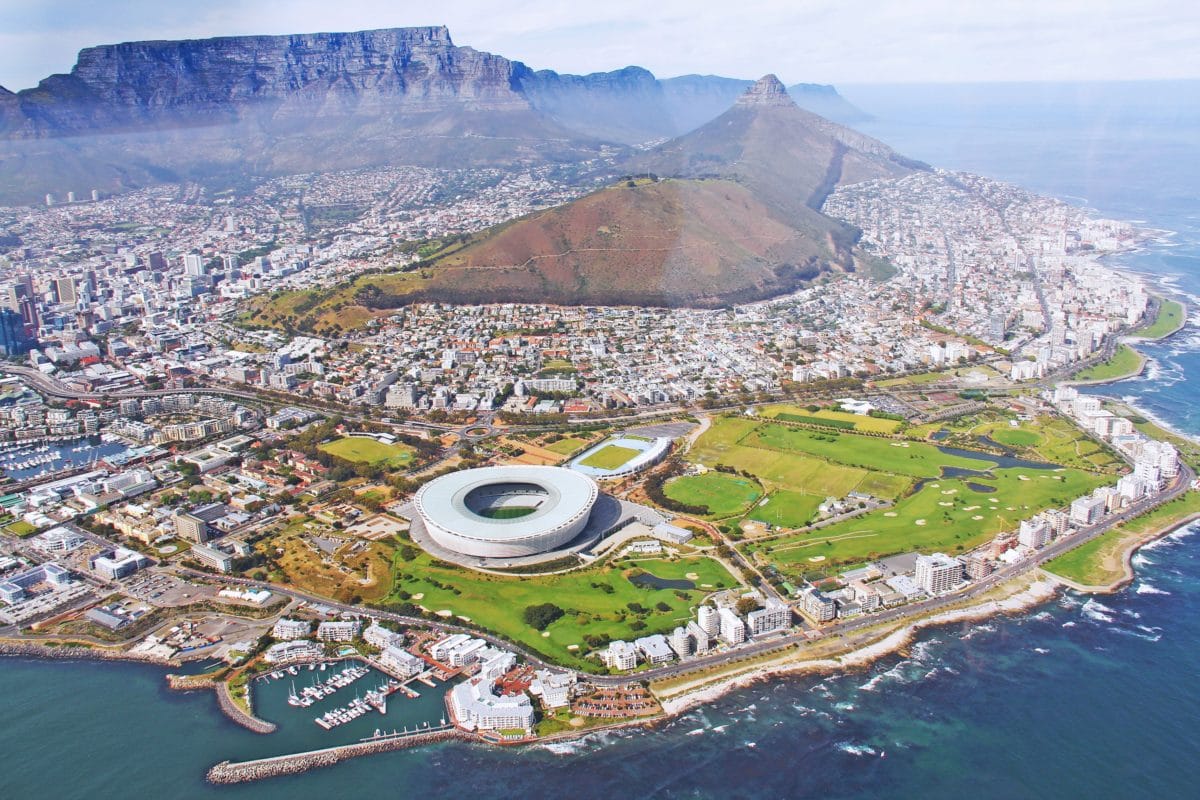
[Photo: Pixabay]
Cape Town is poised to become a global leader in green building—and not a moment too soon.
As the adage reminds us: Necessity is the mother of invention. Arguably, at no other time in history has that been more strikingly true than now, with climate change and its repercussions already a reality around the world. And few regions understand it better than the Western Cape of South Africa.
Home to some 6.5 million people and one of the fastest growing provinces in the country, the Western Cape is at a tipping point. According to Gillian Gernetzky, acting communications manager of the Green Building Council of South Africa, the province and its capital especially (metropolitan Cape Town) are “experiencing the worst drought in more than a century, and…facing the very real prospect of running out of water by March 2018.” Add to that electricity insecurity and rising costs as well as an increasingly concerned population and you have the makings of a movement.
Green building in the country has taken off in recent years, and there are no signs of slowing down. According to the Dodge Data SmartMarket World Green Building Trends Report 2016, South Africa is poised to become a global green building leader by 2019, with Cape Town vying for a position at the heart of that transformation. Of the 310 Green Star South Africa certifications in the country, the per-capita proportion of green buildings in the Western Cape is higher than anywhere else in the country.
“The City of Cape Town and the Western Cape Government are positioning themselves as leaders in green building and sustainability and are forging ahead with green buildings in local and provincial government, as well as encouraging all building owners, users, as well as property professionals and developers to build or retrofit green,” Gernetzky says.
In Cape Town, old buildings are taking on new life, like the Zeitz Museum of Contemporary Art Africa on the V&A Waterfront, which sprang from a historical grain silo and is a testament to creative reuse, and new building projects like the Radisson RED hotel and upcoming 35 Lower Long office tower are reimagining the relationship between businesses and the precious resources they rely on.
